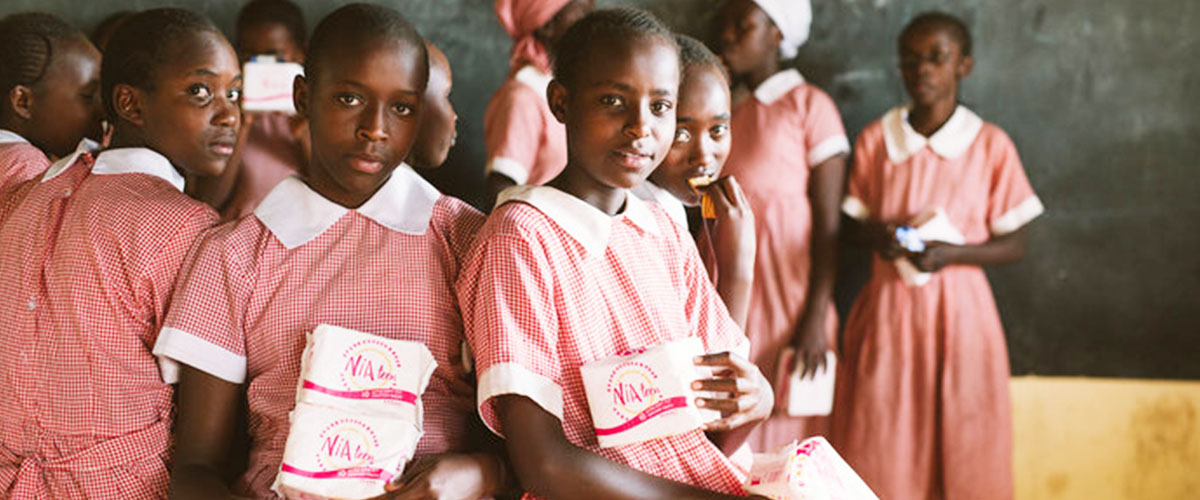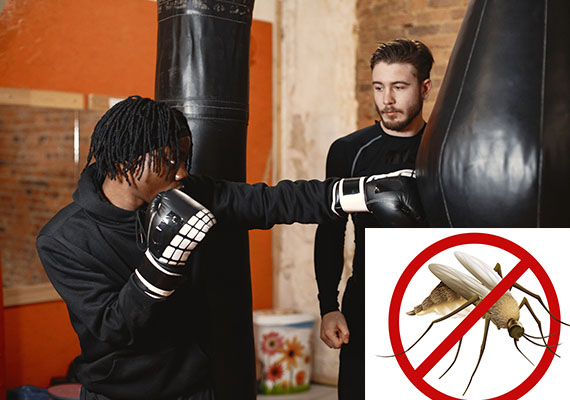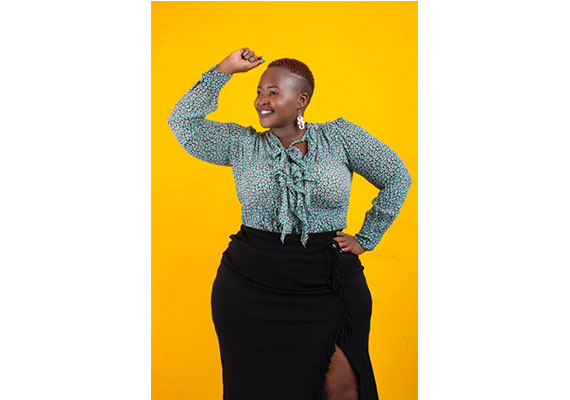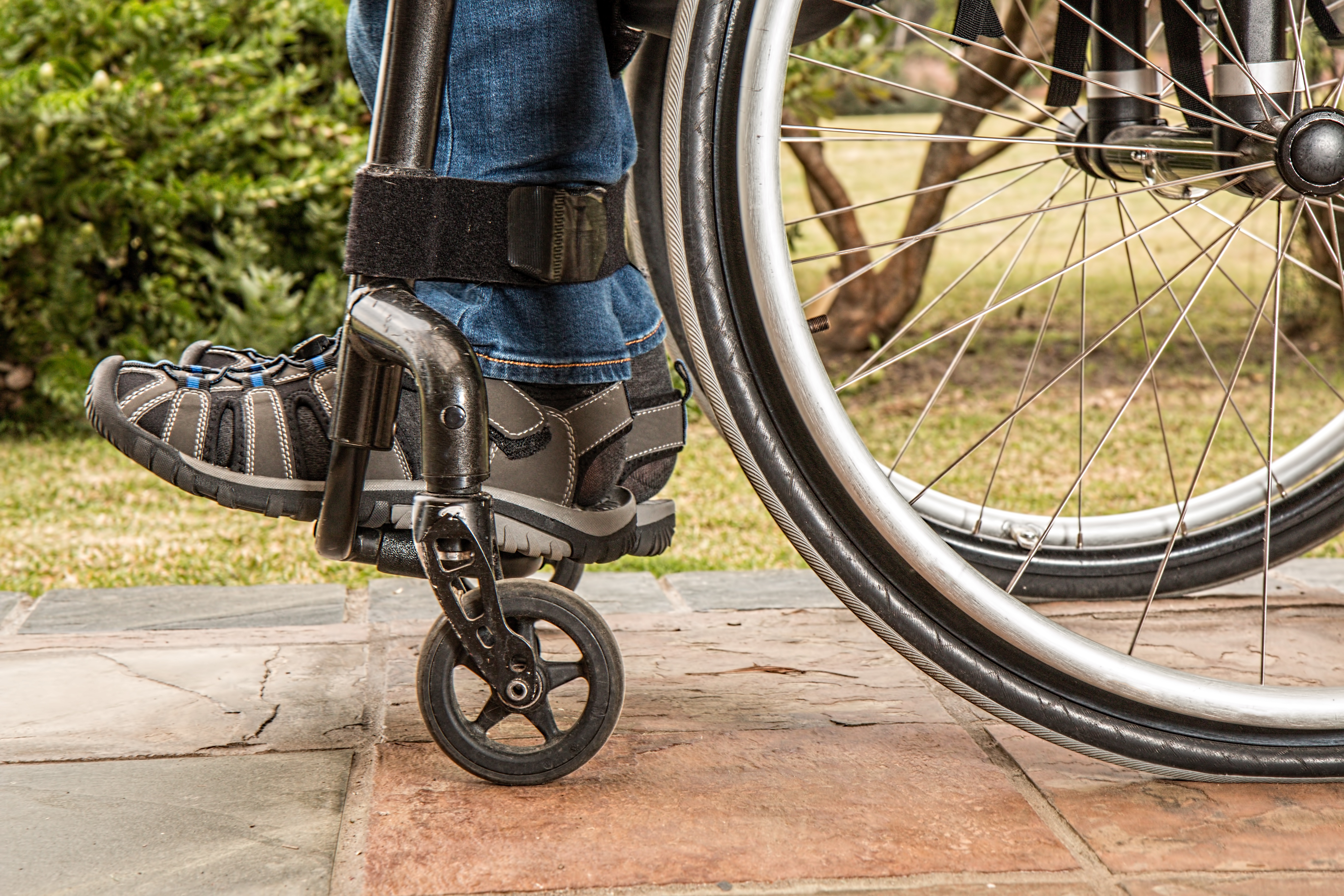Menstrual Hygiene Day: Empowering Girls through the provision of sanitary products

"As a young girl growing up, my parents did not educate me on menstruation or menstrual hygiene because they were ashamed to discuss such things with me." Says Eyabi Majorie Tabi, project coordinator of Global Youth Ambassador, Cameroon.
This is the story of several young girls in many parts of the world. Just like Majorie, some girls who are unfortunately not educated on menstrual hygiene and the female reproductive system face enormous challenges that tend to affect their education and careers. Some girls who cannot afford menstrual hygiene products such as pads, tampoons, menstrual cups or a private place to clean themselves when out of home, face humiliation and stigmatization. Periods are a natural process and a part of nearly every girl’s life. But without access to toilets or sanitary products at school, many girls are missing out on their education?and putting their lives on hold, as they have little choice but to stay at home.
The impact of girls losing out on secondary education is huge. A study published by actionaid.org.uk, in Ethiopia found that 50% of girls miss between one and four days of school per month due to menstruation. Missing days at school can lead girls to drop out altogether, putting them at greater risk of child marriage, and getting pregnant at a younger age.
It should be noted that poverty plays a large role to obtaining these products apart from cultural stigma around menstruation that causes embarrassment and feelings of shame for some girls. In Cameroon, non-governmental organizations such as Girls Excel, train young women in communities on 'sexual and reproductive health education (menstrual hygiene management inclusive), promote access to education for girls by ensuring that girls don’t miss school because of menstrual hygiene related causes and teach girls to make reusable sanitary pad, how to use and clean them.'
Creating girls’ clubs and period safe rooms (with menstrual hygiene products) give girls an environment where they can get information and ask questions about periods, sex and pregnancy, so that they are better informed about their bodies. This will enable them to pursue their education with confidence and build their future.










